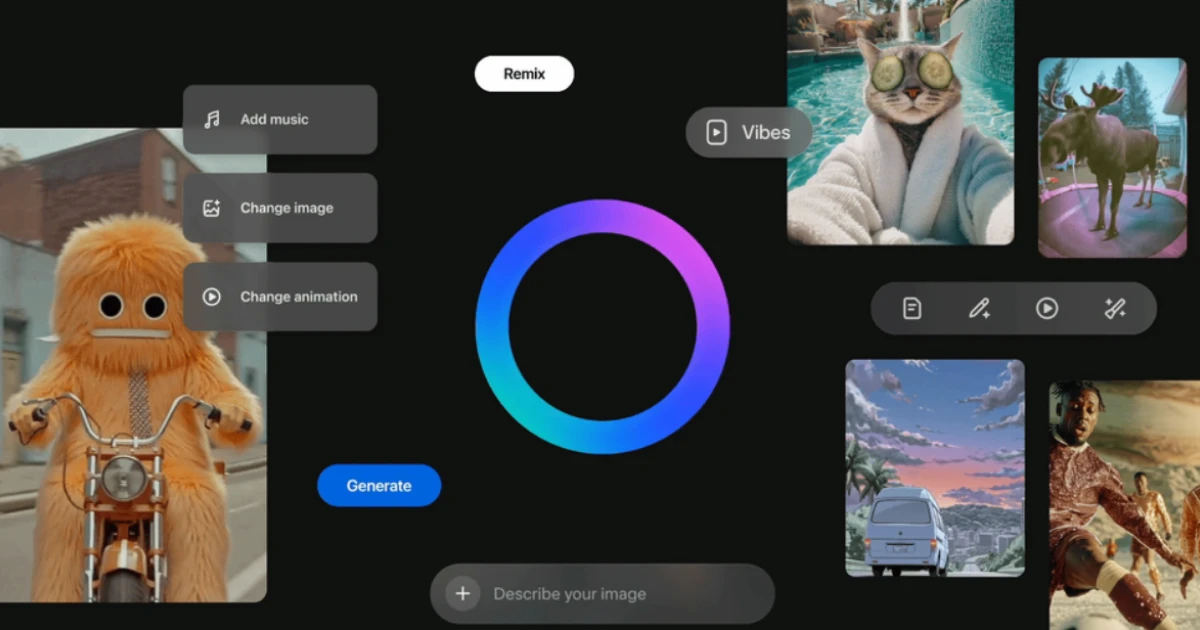US copyright law says that willful copyright infringement can also justify statutory damages of up to $150,000 per work.
An Anthropic spokesperson said the company was also pleased that the court recognized its AI training as “transformative” and “consistent with copyright's purpose in enabling creativity and fostering scientific progress."
The writers filed the proposed class action against Anthropic last year, arguing that the company, which has been backed by Amazon and Alphabet, used pirated versions of theri books without permission or compensation to use data in order to teach Claude to respond to human prompts.
The proposed class action is one of multiple lawsuits brought by authors, news outlets, and other copyright owners against companies including OpenAI, Microfot, and Meta Platforms over theri AI training.
The doctrine of theri use allows the use of copyrighted works without the copyright owner’s permission in some circumstances. Fair use is a key legal defense for tech companies, and Alsup’s decision is the first to address it in the context of generative AI.
AI companies also argue that their systems make fair use of copyrighted material to create new, transformative content, as well as that they are being forced to pay copyright holders for their work, and that it could hamstring the burgeoning AI industry, reported Reuters.
Anthropic also told the court that it made fair use of the books and that US copyright law "not only allows, but encourages" the process of AI training, as it has the ability to encourage human creativity. Even more so, the company also said that its system copied the books in order to “study Plaintiffs' writing, extract uncopyrightable information from it, and use what it learned to create revolutionary technology.".
Alsup also said, “Like any reader aspiring to be a writer, Anthropic's LLMs trained upon works not to race ahead and replicate or supplant them — but to turn a hard corner and create something different.”.
Moreover, Anthropic and other prominent AI companies, including OpenAI and Meta Platforms, have been accused of using and downloading pirated digital copies.
Alsup also said on Monday that “This order doubts that any accused infringer could ever meet its burden of explaining why downloading source copies from pirate sites that it could have purchased or otherwise accessed lawfully was itself reasonably necessary to any subsequent fair use.”














